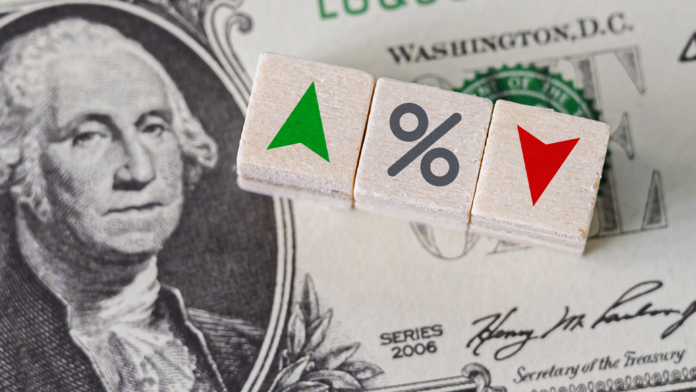The U.S. dollar edged higher in early European trading on Tuesday, bouncing from its lows in anticipation of Federal Reserve Chairman Jerome Powell’s Senate testimony, while the euro has held firm amid the volatile political situation in France.
The dollar bounces ahead of Powell’s Senate testimony.
The dollar has rebounded a bit on Tuesday, but remains in a downtrend after Friday’s weak jobs report and ahead of the Fed Chairman’s two-day congressional testimony, which begins Tuesday with the Senate and continues Wednesday with the House of Representatives.
Confidence is growing that the Fed will deliver the first rate cut of this cycle by September, with traders currently analyzing a 76% chance, up from 66% a week ago according to CME Group’s FedWatch tool.
According to market analysts, if there is a deviation from the recent narrative, it should be on the bearish side, because Powell may estimate the June Dot Plot revisions as too hawkish and would look to fine-tune the communication relative to the latest data.
More clues about the likely path of U.S. interest rates are expected this week, with the release of key consumer inflation data on Thursday.
French policy will boost the euro
The EUR/USD lost slightly to 1.0819, still close to Monday’s four-week high of 1.0845. On Monday itself, the single currency fell as low as 1.0791 in a session that was marked by volatility.
Traders are still trying to digest the aftermath of the second round of parliamentary elections in France last Sunday, where the country now seems to be facing a parliament marked by indecision along with difficult negotiations to form a government.
According to S&P Global, a divided parliament is likely to make policy formulation more difficult and noted that higher indebtedness coupled with a sustained drop in economic growth could lead to another downgrade.
The credit rating agency downgraded France’s rating at the end of May.
According to market analysts, negotiations are likely to prove anything but straightforward for French President Emmanuel Macron, and markets may start to grow impatient. A rebound in the OAT-Bund spread continues to be a tangible risk, and we see EUR/USD bullishness limited in the near term.
GBP/USD was trading flat at 1.2805, after being able to reach 1.2845 on Monday, its highest level since June 12.
Bank of England policymaker Jonathan Haskel said earlier in the day that he was willing to hold interest rates as inflationary pressures are still present in the labor market. The Bank of England will meet again at the beginning of August.
Yen remains weak
USD/JPY rose 0.1% to 161.01, with the yen pressured by a series of weak Japanese economic data that reaffirmed bets that the Bank of Japan will have limited room to maneuver for further rate hikes.
USD/CNY was up 0.1% at 7.2722, with the yuan touching seven-month lows, hit by fears of a trade war with the West.



